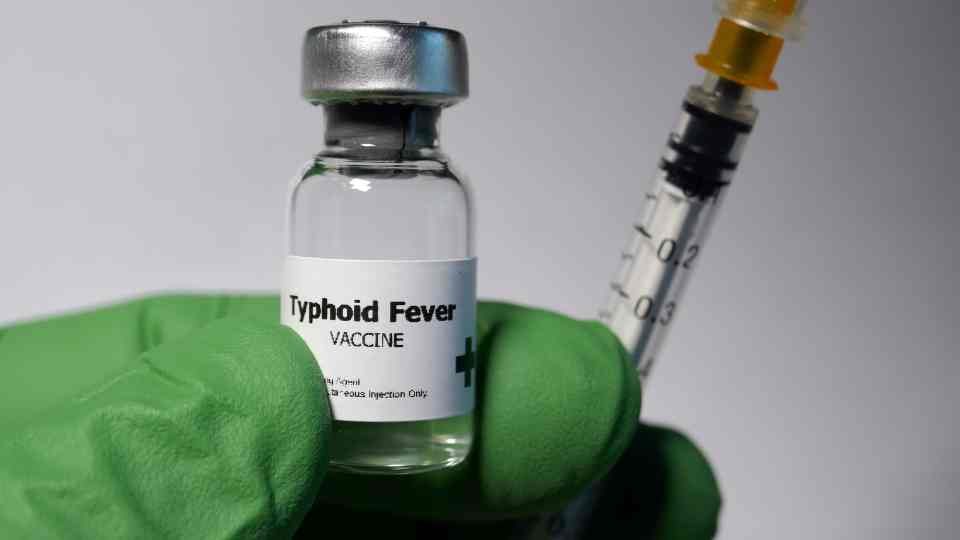Typhoid
Typhoid is a bacterial infection caused by Salmonella Typhi, typically acquired through the consumption of contaminated food or water. A related infection, paratyphoid fever, is caused by Salmonella Paratyphi, and together they are known as enteric fever. These diseases are most prevalent in low-income regions with inadequate sanitation and limited access to clean water, particularly in parts of Asia, Africa, and Central and South America. Most travel-related cases in the UK occur in individuals visiting friends and relatives in the Indian subcontinent, including Bangladesh, India, and Pakistan. Typhoid remains a significant health risk in these areas, highlighting the importance of preventive measures for travellers.

Symptoms
The symptoms of typhoid and paratyphoid are similar and can vary in severity. Common symptoms include prolonged fever, headache, muscle and joint pain, fatigue, abdominal discomfort, and either constipation or diarrhoea. Some individuals may develop a faint rash on the abdomen or chest. In severe cases, complications such as intestinal bleeding or perforation can occur, potentially leading to life-threatening outcomes. If treated promptly with antibiotics, most patients make a full recovery. However, untreated typhoid can lead to high fatality rates, emphasising the importance of early diagnosis and treatment.

Vaccination
Vaccination against typhoid is a key preventive measure, particularly for travellers to regions where sanitation and food hygiene are poor. Two types of vaccines are available: an injectable vaccine and an oral vaccine, which is taken as a series of capsules. While these vaccines effectively protect against typhoid, they do not cover paratyphoid infections. Public Health England recommends typhoid vaccination for individuals at higher risk, including those travelling to the Indian subcontinent or rural areas with poor sanitation. For children between 12 months and two years of age, vaccination is advised if the risk of infection is high, but it is not recommended for infants under one year old.
For those wondering how long does a typhoid vaccine last, protection typically lasts three years after completing the vaccine course. A booster dose is recommended for individuals with ongoing risk of exposure. Travellers should also adopt strict hygiene practices, such as avoiding untreated water and ensuring food is cooked thoroughly, to minimise the risk of infection.
Book Now
Book your appointment with us today to receive your vaccine and other essential travel vaccinations. Let us help you travel with confidence and peace of mind.


